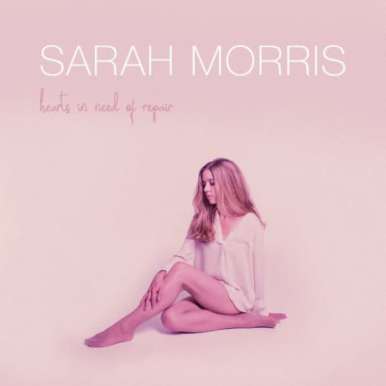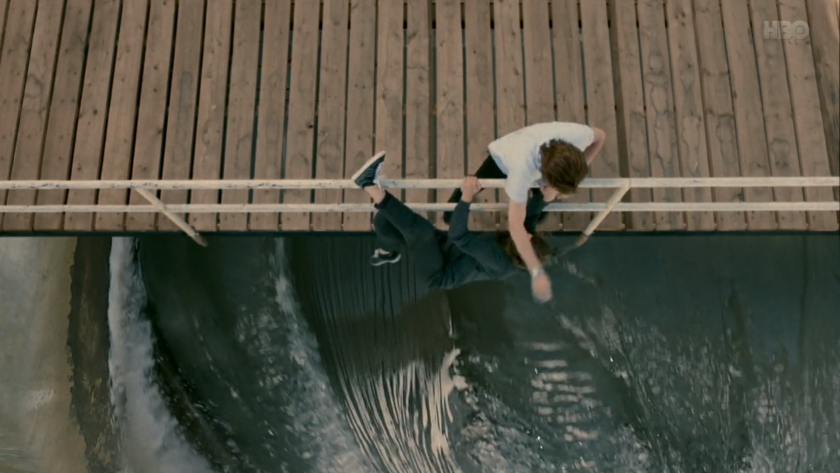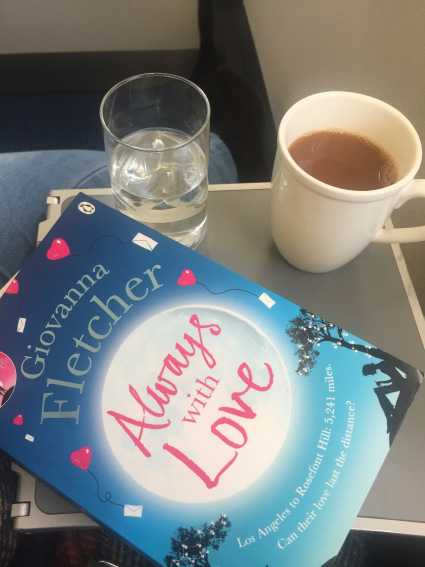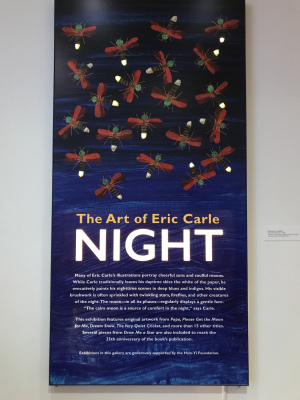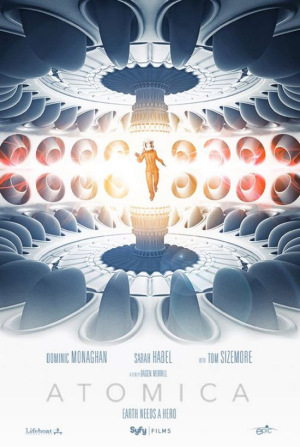
With awesome Goldie Goldbloom & Meredith Martinez
I woke up to cold rain in Phoenix, which apparently only happens about five times a year. Would have felt more depressed about it except that a) there was another day left of the Desert Nights, Rising Stars conference; and b) I finally found a place to get a decent cup of coffee in Phoenix (Royal Coffee Bar). Seriously, I was on the verge of giving up coffee altogether. But I digress…
My day started on the panel Writing Culture for Another Culture, with Ghanaian-American crime writer Kwei Quartey and poet-translator Catherine Hammond. We started by talking about what culture(s) we’re writing about and for whom, before moving on to our responsibilities as writers. Kwei and I share issues when it comes to writing for a ‘Western’ audience: make it too authentic and you risk losing readers, he said; on the other hand, making novels work can mean glossing over nuances. We talked about why we were attracted to crime fiction as a way of telling stories that cross cultural boundaries. We talked about questions of authenticity, too, and the importance of doing your research – I referred back to a number of points Malinda Lo had made in her session the day before. Catherine made an interesting point about her work as a translator of poetry (she translates Spanish poet Olvido García Valdés), when she posed the question, ‘Am I humble enough not to impose my will on the material, but to let it impose itself on me?’ I picked up on this when talking about being a writer who asks permission to use people’s stories. The people I spoke with were very positive about the session, although apparently, when I mentioned my novel The Dying Beach, people in the audience were Googling The Dying Bitch on account of this accent I allegedly have (I laughed my head off when I heard this!).
The next session I attended was Research and the Creative Process with Arizona local Adrienne Celt (whose feature article in the lead up to the DNRS conference I really admired), and two Australian expat authors I got to know and like, Goldie Goldbloom and Dominic Smith. This was a rich discussion, revealing a dynamic relationship between research and creative writing. Adrienne talked about coming across things in the course of her research that planted the seed of an idea for a story. At the same time, for her, access to physical experiences – learning to sing opera, for her novel The Daughters – as part of her research was ‘very important, not only for sensory details and to add authenticity, but in providing greater access to metaphorical possibilities.’ Goldie, too, spoke of the value of physically walking through the landscape where the subject of her new novel, Gwen, artist Gwen John, had lived and worked, and how it changed her perceptions of her protagonist. Dominic described his novel The Last Painting of Sara de Vos as ‘a book heavily steeped in research’, coming ‘out of the gaps and silences in art history.’
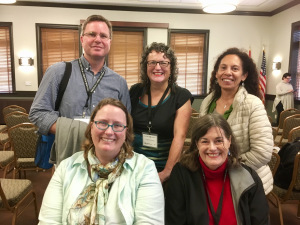
Aussies in Arizona: Dominic Smith, me, exchange student Jean, Goldie Goldbloom and author Margaret Spence
Dominic pointed out that as writers, we’re always researching the world around us. His novels are often the result of something in his notebook that bubbles up to the surface ‘and then a research siege follows’. For him, the main research skills needed are culling and distillation. He said he ‘learned the hard way’ to organise his research so that he could find material when he needed it: he uses spreadsheets tagged with relevant details such as ‘Dutch painting techniques’, ‘Food’, etc. Goldie, by contrast, describes herself as ‘never getting past the hoarder’s phase of the research’. While both agreed that talking to experts is great for gathering information, Dominic’s approach is to do his homework so he knows what questions to ask, while Goldie asks, ‘Can you explain it to me as if you were talking to a three-year-old?’ All three writers encouraged participants to follow their instincts. ‘If something carries charm, energy or allure, go with it,’ Dominic said. ‘Yes, stay with details that move or provoke you,’ Adrienne concurred. Goldie put it: ‘Find that moment of emotional truth, then write.’
Locked out of a session I wanted to attend on The Political Poem, I took the chance to catch my breath chatting with the endlessly fascinating Goldie Goldbloom, before heading to Dominic Smith’s session on The Mystery of Personality, the title of which comes from Flannery O’Connor in Mystery and Manners: Occasional Prose: “…a story involves, in some dramatic way, the mystery of personality.” Dominic gave an overview of historical understandings of personality, from the Greek ‘humours’ theory, to contemporary bio-psychological approaches that put personality down to genetics and neurology. His advice was to understand the main theories, but to go beyond them. Writers need to explore the dramatic meaning of behaviour, not just observe it, he said. Moreover, ‘drama plays close attention to exceptions to the rules, which are not picked up in psychological profiles.’ Dominic gave us five principles for creating the ‘mystery of personality’: 1) Render characters from the inside out; external flourishes are not enough; guard against oversimplifying motivation and desire. 2) Personality is part consistency, part paradox; paradox makes us capable of surprising, but its the consistency around it that makes paradox interesting. 3) Think beyond types, traits and temperaments. Personality is not fixed but fluid. Characters should surprise us. 4) Pose riddles and puzzles for your characters – ones that you don’t know the answers to. 5) Create a personal atmosphere for each major character, as described by Virginia Woolf in her essay, ‘Mr Bennett and Mrs Brown.’ See them holistically. ‘You have to spend a lot of time forming the right questions to open a new door into a character,’ Dominic said, adding, ‘This usually happens late in a novel’s development.’ Another inspiring session, with practical ideas I’ll be able to bring to my writing.

Last drinks: Paolo Bacigalupi, Malinda Lo, me & and Cheryl Klein
The final plenary of the conference brought together literary agent Emma Patterson, editor Cheryl Klein and author Malinda Lo for discussion on The Business of Writing. While this was an presentation aimed at emerging/unpublished authors, it was interesting for me to learn about how the US publishing industry works, and to hear discussion about marketability, branding and the complexities of genre-swapping. The general consensus among the panellists is that what is most important in terms of making an impression as a writer is voice, followed by character(s). As Cheryl put it, ‘you can’t fix voice and character, but you can fix a plot.’ The other thing that came through was the importance of cultivating good professional relationships between writers and their agents/editors. I was also interested to learn the impact an editor’s passion for the subject matter can have on the decision to publish. On the vexed question of whether social media/online presence matters – hot topic of conversation among Paola Bacigalupi, Benjamin Percy, Meredith Martinez and me the night before – Emma said while it matters to some publishers, writing credentials are more important. Cheryl added that it’s good to have one form of social media – one that’s comfortable for you. ‘What’s important is consistency and ease.’
I guess that form is blogging for me, at least when it comes to travel and events. Sadly, blogging seems to be falling out of fashion in favour of e-newsletters. But I reckon I’ll stick to it, so I can be ahead of the curve when it comes back into fashion.
Special thanks to Meredith Martinez and the team at the Virginia G Piper Center for the invitation to be part of Desert Nights, Rising Stars 2017. I had a brilliant time, made new friends, bought too many books, and sold some, too. It was a privilege and a pleasure.
Advertisements Share this:

